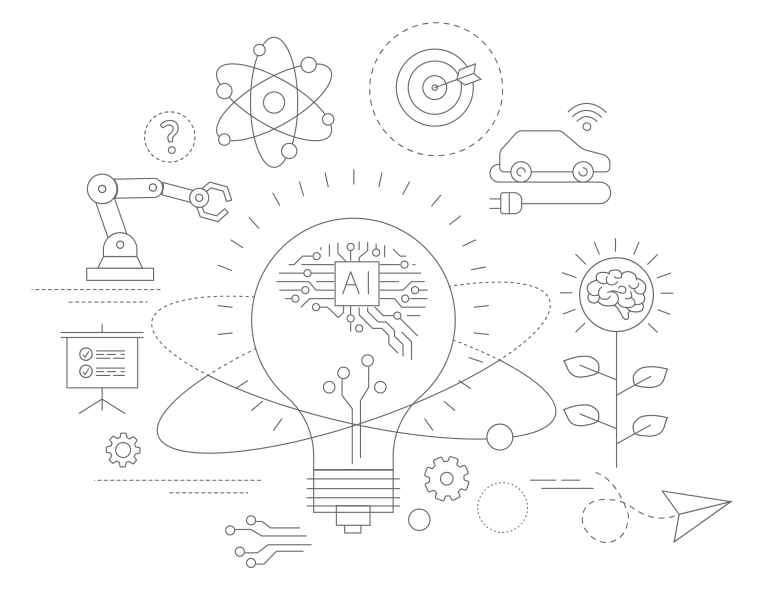When it comes to business related parlance, the buzzwords dominating most current conversations include “digital”, “technology”, “innovation” and “Artificial Intelligence (AI)”. But are we in danger of forgetting that behind every technological or innovative development is, ultimately, a human?

I am always surprised at the number of people I meet who see digital transformation purely as an IT exercise. To experience change, particularly in terms of digital, businesses must first build a culture that encourages people to drive that change.
Human intelligence drives AI, machine learning, the Internet of Things (IoT) and big data. The future of our digital economy, with its assurances of enhanced efficiency and sustainability, needs committed people who fully understand the digital journey, in order to drive transformation.
The concept of digital transformation was high on the agenda at our recent annual RSM World Conference in Rome. Each year, the event serves as an opportunity for our network to come together, collaborate and explore how we can further develop a culture of innovation, build agility and shape technologically empowered client services for middle-market business leaders across the world.
One of the key takeaways from this year’s ‘NextGen RSM’ themed conference was a network wide conversation on how 2019 has been instrumental in defining what innovation and digital transformation mean to RSM. We looked forward to what the impact technology will have on our profession and, consequently, what we need to do to ensure we continue adapting, and meet the changing needs of our clients, in this fast-paced and connected world.
Looking towards 2020, how do we ensure we maintain the right momentum in order to make that happen? The answer, of course, is our people.
For so many businesses, decision making is a top down and centralised process. If an opportunity to innovate or use technology to improve client experience is spotted, it will be implemented by senior management. But after the investment of much time and money, how often have businesses witnessed the failure of transformation projects due to lack of further people investment?
For an organisation to fulfil cultural change, embed a new form of technology or adopt new and innovative approaches, it is vital that its people feel valued and part of the process from the beginning. Establishing a people first methodology will act as the driving force to get everyone on board with the broader digital transformation plans.
One of the best things about technology is that it often eliminates hierarchies and silos. Once an entire workforce has bought into a digital culture and is incentivised to follow a clear plan, employees will be motivated to take a level of ownership over the transformation process.
The result is that innovation prospers.

Contrary to popular belief, digital change doesn’t have to be a complex and multi-layered process - with the right framework, it can be simple and successful. But it takes empowerment to make that happen.
The successful organisations of tomorrow will not be those who view technology as a bolt on to facilitate doing things just that little bit faster. The truly successful ones will be the businesses that fundamentally change what they do for the better, to reinvent client or user experience. Businesses that will succeed with digital transformation are those that put people central to their reinvention.
In a world where technology is creating incredible opportunities to transform the way we do everything, the biggest advantage a business can have is to realise a culture that sees a workforce which is empowered to use these new technologies to disrupt the status quo.

